
by Jen Owen, N.P. | Jul 30, 2020 | Mind-Body Medicine
How does your day begin?
Do you grab your phone first thing or do you take a little time for yourself first?
If you’re like most people, your phone is next to your bed and it’s the first thing you tap into even before your feet hit the floor.
Here’s some tough love for you: STOP DOING THAT!
When you start your day like this, you’re immediately initiating your fight or flight system (read an article about this here) and you’re bringing in all sorts of energies that don’t even belong to you.
I highly recommend a new way.
Develop your own morning routine.
One of the things that happened to me when the first stay-at-home order began is that I stopped setting an alarm. I got up whenever I pleased and I didn’t go right into the morning routine I’ve practiced for years.
And, the effects starting becoming obvious. I started eating more junk food, I totally bailed on my exercise regimen, and I started letting all the events and opinions of the times get to me.
Finally, I put two and two together and got back to my routine.
Here’s how it goes:
>Wake with an alarm and as Mel Robbins puts it, I blast out of bed like a rocket with a 5-4-3-2-1 GET UP!
>Drink some water, take vitamin D, and get right to meditation. This might be 15-30 minutes depending on what I feel like I need that day.
>Next stop is vislualization, a now proven way to bring your goals to fruition by visioning what it will look and feel like when you get there.
>Then, it’s onto affirmations. These are statements about what I most want in life in the form of things that are already true, like, “I’m so happy and grateful for patients who love me and need my particular form of help”.
>I move from there into some gentle yoga or Pilates for about 10 minutes to stretch and get the blood flowing.
>I end it up with at least 10 minutes of reading personal development books (every minute you read a day equals about 1 book per year–imagine if you read for 10 minutes every day!) and then I journal a bit about what I read.
Even if you have 20 minutes in the morning, you could breathe slowly and quietly for 4, visualize for 2, say affirmations for 1, do one sun salutation, and still have 10 minutes for reading.
Time is the biggest excuse I hear for about every personal change there is. “I don’t have time to cook healthy food, I don’t have time to exercise, I don’t have time to write down my goals, I don’t have time to read” and so on.
Yet these same people are lying in bed on their phones for 30 minutes before they get up.
(Just sayin). 🙂
We make time for what we value.
I value energy and vitality.
I value staying grounded throughout the day.
I value compassionate and caring interpersonal communications.
I value not getting emotionally reactive to difficult situations.
I value having the peace in my body to practice active listening.
I value being fit, strong, and stable.
And I value feeling great!
So, I get up and set up my day so all of that can happen.
If you need more inspiration, check out the book Miracle Morning by Hal Elrod. It’s a short and very inspiring read about the power of the morning routine.
What do you value?
What will it take to get there?
Need more help to get your morning routine and other mindset practices into place?
Consider joining my Mindset Foundations course. By the end of the program, you’ll have a rock solid morning routine and so much more!
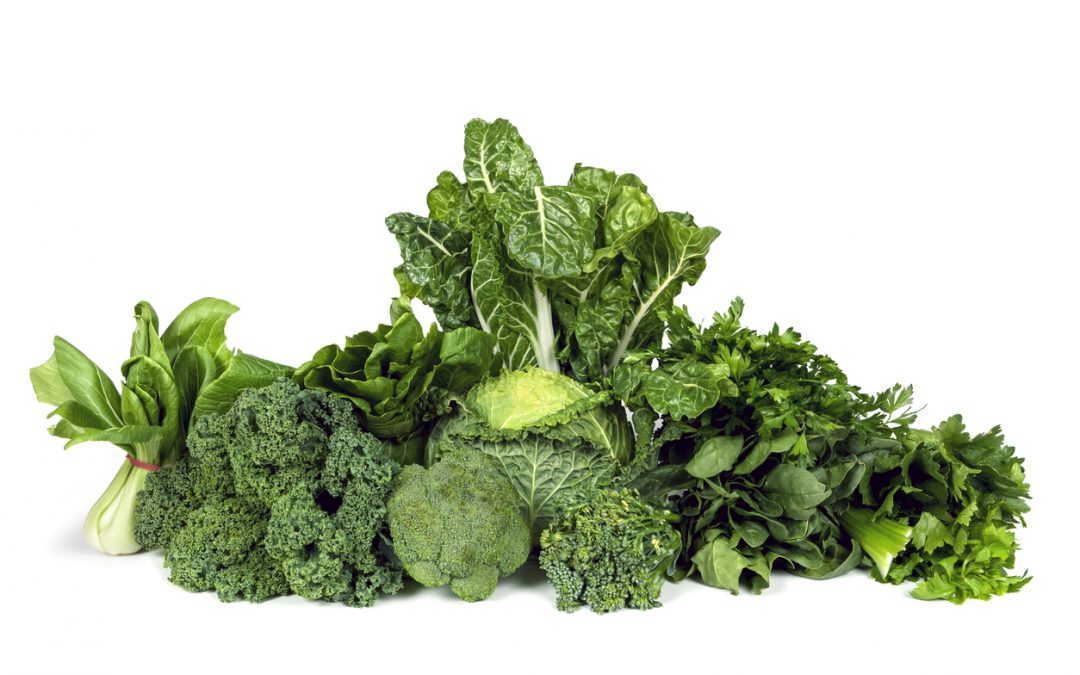
by Jen Owen, N.P. | Jul 23, 2020 | Food Medicine
Last week, I talked about Magnesium.
This week, I wanted to talk about calcium and specifically how to get it through your diet without always looking to dairy products. Yes, dairy products do contain high amounts of calcium and so do many other foods.
Dairy can tend to be a pro-inflammatory food for a lot of people, so I think it’s important to be incorporating other food sources to keep our bones strong, as well.
Non-Dairy Food with Decent Calcium Content
Vegetables/Fruits
Broccoli
Kale
Watercress
Chard
Collards
Dandelion Greens
Mustard Greens
Spinach
Turnip Greens
Endive
Okra
Bok Choy
Oranges
Figs, dried
Beans
Chickpeas
Lentils
Soybeans (tofu, soy milk)
White beans
Nuts & Seeds
Almonds
Brazil nuts
Sesame seeds
Walnuts
Seafood/Poultry
Egg Yolk
Chicken bone broth
Mackerel
Salmon
Sardines
Rainbow trout
Kelp
Others
Brewer’s yeast
Blackstrap molasses
Carob
Although this is not an exhaustive list, it’s a pretty good one. How many calcium foods are part of your regular diet?
I’m a big fan of eating your nutrients and I teach all my patients to do this as much as possible. You can become a patient in my Portland Clinic or see me for Whole Life Coaching & Consulting if you don’t live near.
Be sure to share this post with family and friends so they make sure they’re eating enough calcium, too!
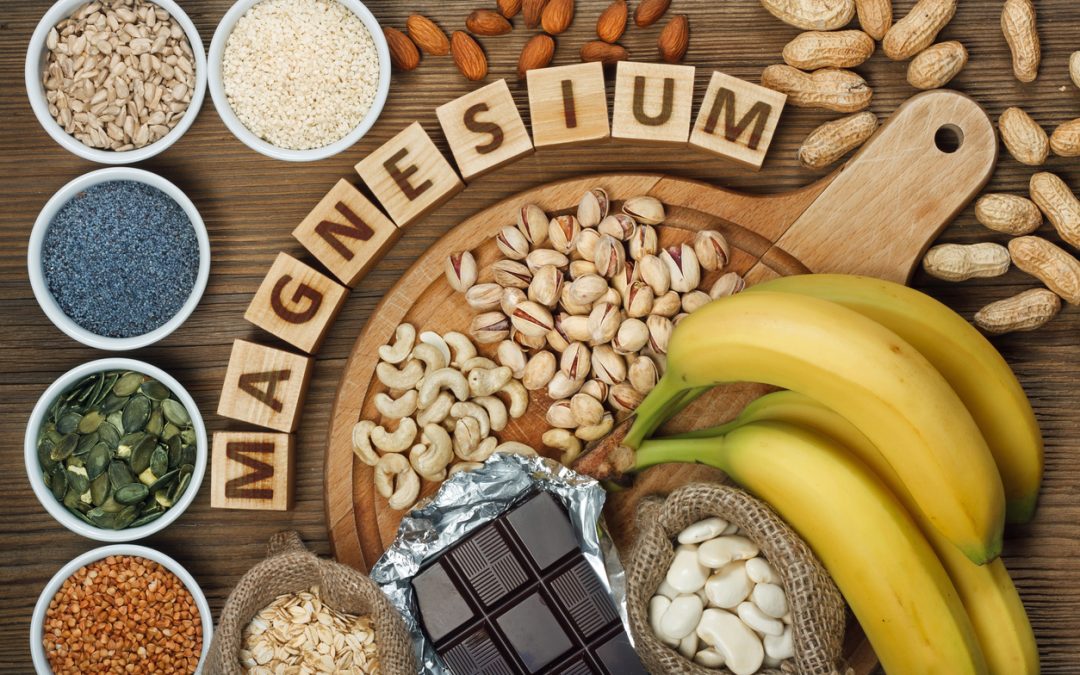
by Jen Owen, N.P. | Jul 16, 2020 | Food Medicine
Magnesium is one of my favorite and most useful supplements. It does so many things!
Magnesium works with calcium to keep the bones strong. It helps muscles contract and nerves send and receive signals. It helps us maintain a steady heart beat and a strong immune system. It even seems to help regulate blood sugar.
I use magnesium often with my patients. It’s been helpful for many symptoms, including muscle aches, restless legs, PMS, migraine headache prevention, pain syndromes like fibromyalgia, insomnia, and much more.
Of course, I’d love it if you tried to eat more magnesium first. Nutrients in food are the most bioavailable to our bodies. Foods high in magnesium include almonds, spinach, cashews, beans, potatoes, peanuts, brown rice, salmon, halibut, bananas, dark chocolate (whoop!) and avocado, just to name a few.
The Recommended Daily Allowance (RDA) of magnesium is:
~Men: 400-420mg
~Women: 310-320mg
Consider doing a food diary for a few days and see how much magnesium you are taking in. There are many great websites that list the magnesium components of foods and some apps, as well, if you search for them.
If you do have symptoms and you want to try a magnesium supplement, the dose depends on the size of the person and the condition being treated. For general body aches and pains, I recommend 120mg of magnesium glycinate twice daily.
Magnesium citrate is more widely known for the treatment of constipation. This is not a form of magnesium I recommend people use regularly due to possibility of dehydration and electrolyte imbalances. If you do struggle with constipation, magnesium citrate can be a game changer to remind the bowels how to move properly.
Forms of magnesium such as glycinate, fumurate, and malate will have less effect on the bowel and are usually better tolerated.
It is possible to overdose on magnesium, so always use the least possible amount to treat the symptoms and no more. As always, it’s best to check with your healthcare provider before starting any new supplements.
If you live in Portland, I’d be happy to see you in my clinic and discuss whether magnesium could be a great addition to your health regimen. For those not near me, I offer Whole Life Coaching.
I hope paying more attention to the magnesium you consume will bring you even more energy and vitality!
If you liked this article, please sign-up for our weekly newsletter for tips like this right to your inbox.
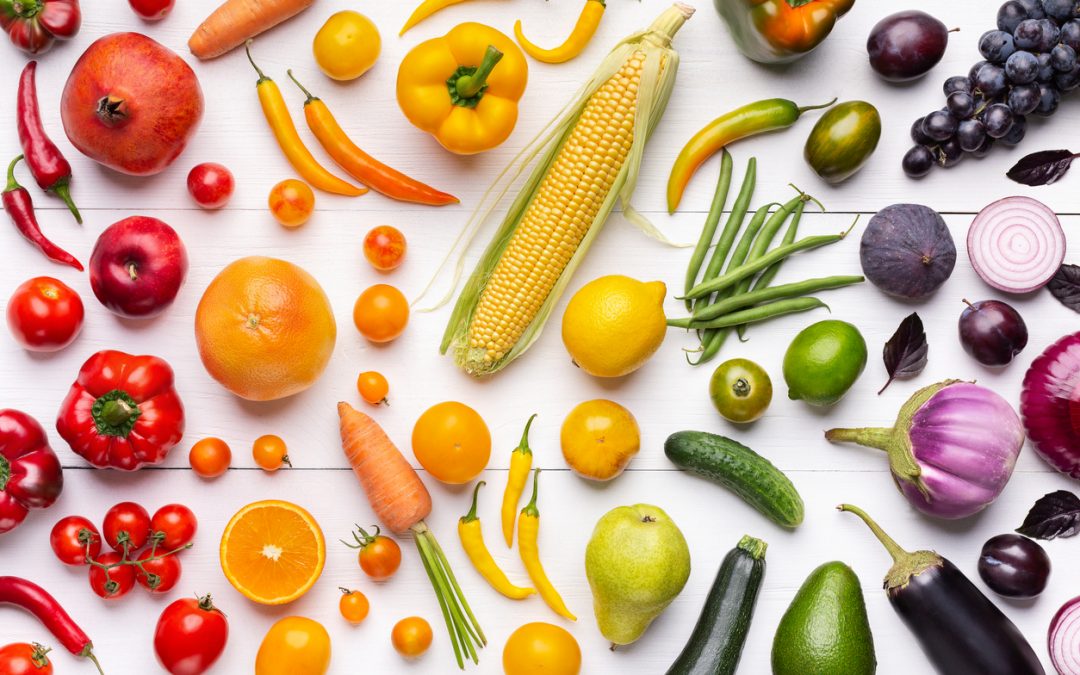
by Jen Owen, N.P. | Jun 24, 2020 | Food Medicine
The Rainbow Diet is something I talk about all the time and it’s the only “diet” I ever recommend. Most traditional diets don’t work, aren’t actually based on science, and generally make people feel deprived and down-right bad about themselves.
When someone comes to see me at my clinic, they’re often not feeling their best. Telling them to stop eating a bunch of different things, limit this or that, or begin exercising vigorously is not always that helpful. People know they need to “eat better” or “start exercising”, but they don’t feel great, and they don’t know where to start.
The Rainbow Diet is the perfect place to start. Just start trying to eat every color of fruit or vegetable every day. It’s way more fun to eat “colors” than to “eat more fruits and vegetables”. Right? And, it’s super fun to shop this way. When you hit the produce department, you add things to your cart based on color. Kids love this too!
Let’s break down each color and discuss the different foods and all the fabulous nutrients you get from each one:
Orange and Yellow:
Orange and yellow fruits and vegetables contain beta-carotene, zeaxanthin, flavonoids, lycopene, potassium, and vitamin C. They are thought to provide many benefits, including: anti-cancer, anti-bacterial, anti-inflammatory, cell protection, heart health, immune health, skin health, brain health, reproductive health, and eye health.
Yellow Foods:
~Apple
~Asian pears
~Bananas
~Bell pepper
~Corn
~Ginger root
~Lemon
~Pineapple
~Starfruit
~Summer squash
Red:
Red fruits and vegetables contain beta carotene, vitamin C, manganese, and lycopene. They are thought to provide many benefits, including anti-cancer, anti-inflammatory, cell protection, gastrointestinal health, heart health, hormone health, and liver health.
Red Foods:
~Apples
~Beets
~Bell peppers
~Blood Oranges
~Cranberries
~Cherries
~Pomegranates
~Red Potatoes
~Radishes
~Raspberries
~Strawberries
~Rhubarb
~Tomato
~Watermelon
Green:
Green fruits and vegetables contain chlorophyll, fiber, lutein, zeaxanthin, calcium, folate, vitamin C, and beta-carotene. They are thought to provide many health benefits, including anti-inflammatory, brain health, cell protection, skin health, hormone health, heart health, and liver and gallbladder health.
Green Foods:
~Apples
~Artichoke
~Asparagus
~Avocado
~Bell peppers
~Bok choy
~Broccoli
~Brussels sprouts
~Cabbage
~Celery
~Cucumbers
~Edamame
~Green beans
~Green peas
~Leafy Greens (arugula, beet, chard, collards, dandelions, kale, green lettuce, mustard, spinach, turnip, watercress)
~Limes
~Okra
~Olives
~Pears
~Snow Peas
~Zucchini
Blue/Purple/Black:
Blue, purple, and black fruits and vegetables contain lutein, zeaxanthin, resveratrol, vitamin C, flavonoids, ellagic acid, and quercetin. They are thought to provide many health benefits, including anti-cancer, anti-inflammatory, cell protection, brain health, heart health, and liver health.
Blue/Purple/Black Foods:
~Bell peppers
~Berries (blue, black, boys, Huckle, and marion)
~Cabbage
~Carrots
~Cauliflower
~Eggplant
~Figs
~Grapes
~Kale
~Olives
~Plums
~Potatoes
~Prunes
~Raisins
White/Tan/Brown:
White, tan, and brown foods contain Vitamin C, Vitamin K, folate, beta-glucans, lignans, and potassium. They are thought to provide many health benefits, including anti-cancer, anti-microbial, cell protection, gastrointestinal health, heart health, hormone health, liver health.
White/Tan/Brown Foods:
~Apples
~Applesauce
~Cauliflower
~Cacoa
~Coconut
~Coffee
~Dates
~Garlic
~Ginger
~Jicama
~Mushrooms
~Onions
~Pears
~Sauerkraut
~Shallots
Plus! Almost all fruits and vegetables are high in fiber, which helps keep the gut lining healthy and helps you absorb and excrete cholesterol, lowering your overall cholesterol levels.
While we may go back and forth about the value of eating many different foods, a high plant-based diet never goes out of style. With so many possible benefits, it’s a no-brainer to try to get in as many colors as you can every day! And, you’ll feel full from all the fresh goodness and you’ll be less likely to be hungry for foods that might not make you feel as optimal.
If you try the rainbow diet and you don’t see results, there may be something else going on. I’d be happy to help you get to the root of your symptoms. Click here to learn more about working with me.
Happy Rainbowing!

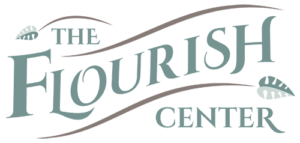


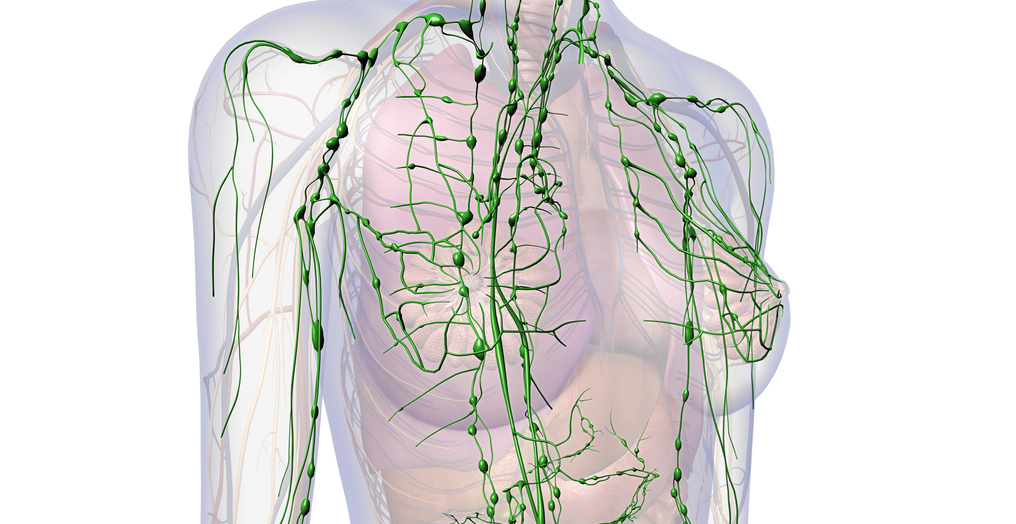

Recent Comments